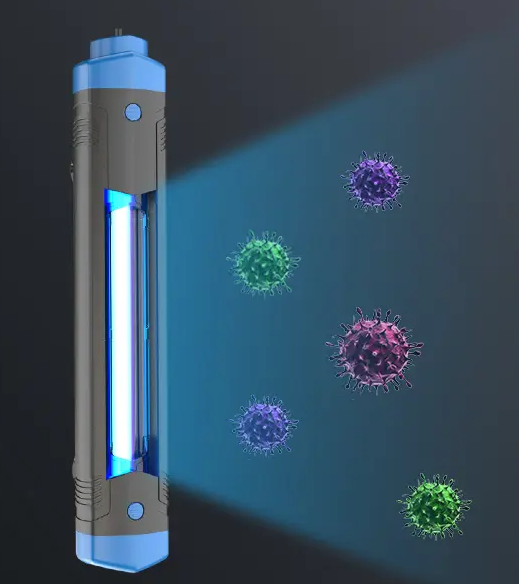Ultraviolet (UV) water sterilizers are a popular technology used in water treatment to eliminate bacteria, viruses, and other microorganisms from drinking water. The UV water sterilizer works by emitting UV radiation, which breaks down the genetic material of microorganisms and renders them unable to reproduce. While UV water sterilizers have several benefits, they also have some drawbacks that must be considered when deciding whether they are suitable for home use.
One of the primary advantages of UV water sterilizers is their effectiveness in killing microorganisms in water. Unlike chemical disinfection methods, such as chlorination, UV radiation does not produce harmful byproducts or alter the taste, odor, or pH of water. Additionally, UV water sterilizers are relatively easy to install and require minimal maintenance. They do not require chemicals or filter replacements, making them a cost-effective solution for homeowners who want to ensure their water is safe to drink.

However, UV water sterilizers also have several disadvantages that should be taken into account before installing them in a home. One of the main limitations of UV water sterilizers is that they do not remove other contaminants, such as heavy metals, pesticides, or chemicals, from water. Therefore, if a homeowner's water supply contains these types of contaminants, additional treatment methods may be required. Additionally, UV Water Sterilizer require a power source, which may not be available in some areas. Power outages can also render the UV sterilizer ineffective, which may put the homeowner's water supply at risk.
Another drawback of UV water sterilizers is that they are not effective against all types of microorganisms. Certain viruses and parasites, such as Cryptosporidium, are resistant to UV radiation and may not be eliminated by a UV water sterilizer. Therefore, if a homeowner's water supply is known to contain these types of microorganisms, a UV water sterilizer may not be sufficient to ensure safe drinking water.
In conclusion, UV water sterilizers have several benefits that make them an attractive option for homeowners who want to ensure their water is safe to drink. However, they also have some limitations that must be considered, such as their inability to remove certain contaminants and their reliance on a power source. Before installing a UV water sterilizer in a home, it is essential to assess the water quality and determine if additional treatment methods are necessary. Overall, while UV water sterilizers can be effective in certain situations, they may not be suitable for all home water treatment needs.